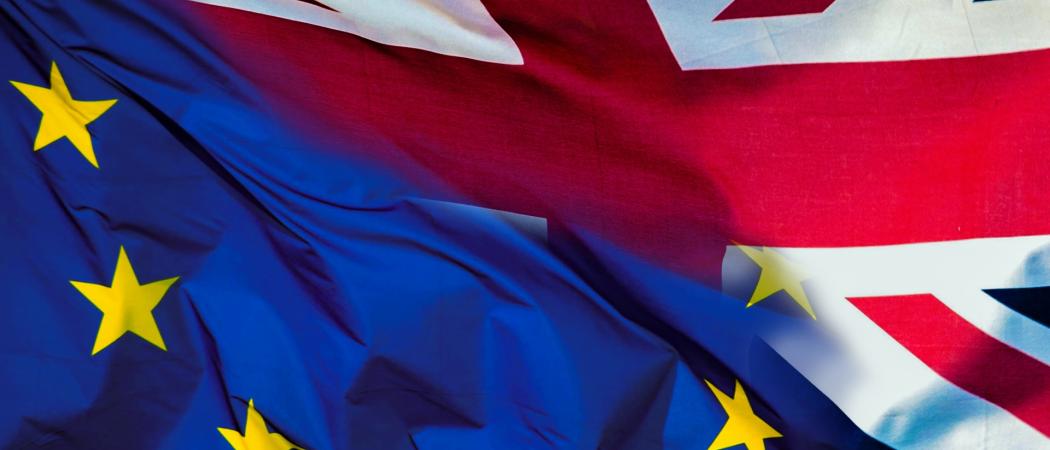The UK is to up its annual contribution to Eureka from £5M to £15M, with an eye on maintaining credibility and standing as Europe’s science champion after Brexit

The UK this week signalled its determination to remain a big player in European research by taking leadership of the intergovernmental innovation network, Eureka and pledging to increase its contribution from £5 million to £15 million per annum.
The country’s one-year chairmanship is described by organisers as “timely”, as the UK sets about its task of boosting research and business ties to European countries with new urgency, whilst preparing to leave the EU in March 2019.
“Companies recognise they have to go beyond national boundaries if they want to grow and scale. We can go out and build bilateral relationships, but it’s much easier to do it via an international platform,” David Golding, head of European and global engagement at the UK Innovation agency, Innovate UK, told Science|Business.
The UK’s investment in Eureka up to now “hasn’t been huge”, said Golding. “We’ve been putting in £5 million a year. However, taking on the chairmanship for us is our opportunity to take another look at Eureka. We’re adding an extra £10 million per year.”
One focus for the UK during the year will be to use the position as a platform for attracting new foreign direct investment. “We have the opportunity now to bring people from 40 countries to the UK. It’s the opportunity to share some of the fantastic things we’re doing here,” said Golding.
Earlier in the week, Golding, who is also deputy char of the UK Eureka team, was in Brussels with colleagues to present UK priorities for Eureka, which was set up in 1985 following an initial proposal by France.
The network’s members, now numbering 40 countries, plus the European Commission, fund joint research projects. As one example, Spain and Turkey are currently offering companies grants for agricultural research.
Since its formation, Eureka has raised almost €40 billion for 17,000 companies.
The UK previously chaired Eureka in 1985-86 and in 1996-97. There is no formal vote for the chair, but rather countries push their own candidacy, which is then either accepted, or not, by the group.
The UK said it will use its time in the hot seat to promote UK strengths, such as research in artificial intelligence.
The timing of the UK’s push for the chair is, “a message for us,” a European Commission official said. “The UK wants to be in our research programme, and they are willing to make this investment to show they are still very serious about international research.”
This was not a stated intention of the UK team, but Dora Meredith, senior chairmanship coordinator of the UK Eureka team did say research funded through Eureka is “complementary” to the EU’s new research programme, Horizon Europe. “With Horizon Europe now being developed, we think it’s important to think about how they fit together,” she said.
Members’ engagement with the network waxes and wanes. Germany and France are generally very active, a Eureka official said, but countries like Ireland and Russia currently are not.
“A number of countries are not as active as we’d like. We need to understand why,” Golding said. “We also want to communicate the programme’s impact much more, while hopefully getting rid of some of the bureaucracy and legacy that holds it back.”
The UK would like to grow membership of the network beyond Europe, with Japan and Singapore the two most sought-after countries mentioned by officials.





 A unique international forum for public research organisations and companies to connect their external engagement with strategic interests around their R&D system.
A unique international forum for public research organisations and companies to connect their external engagement with strategic interests around their R&D system.